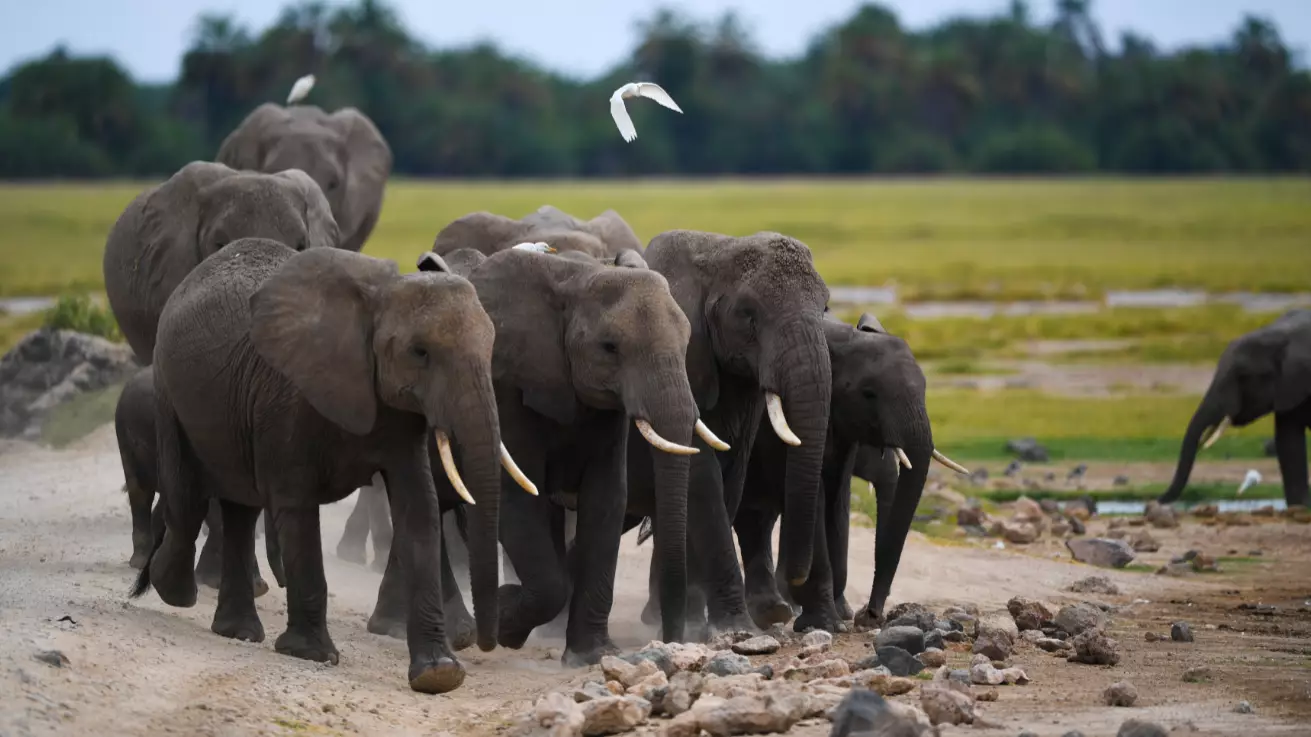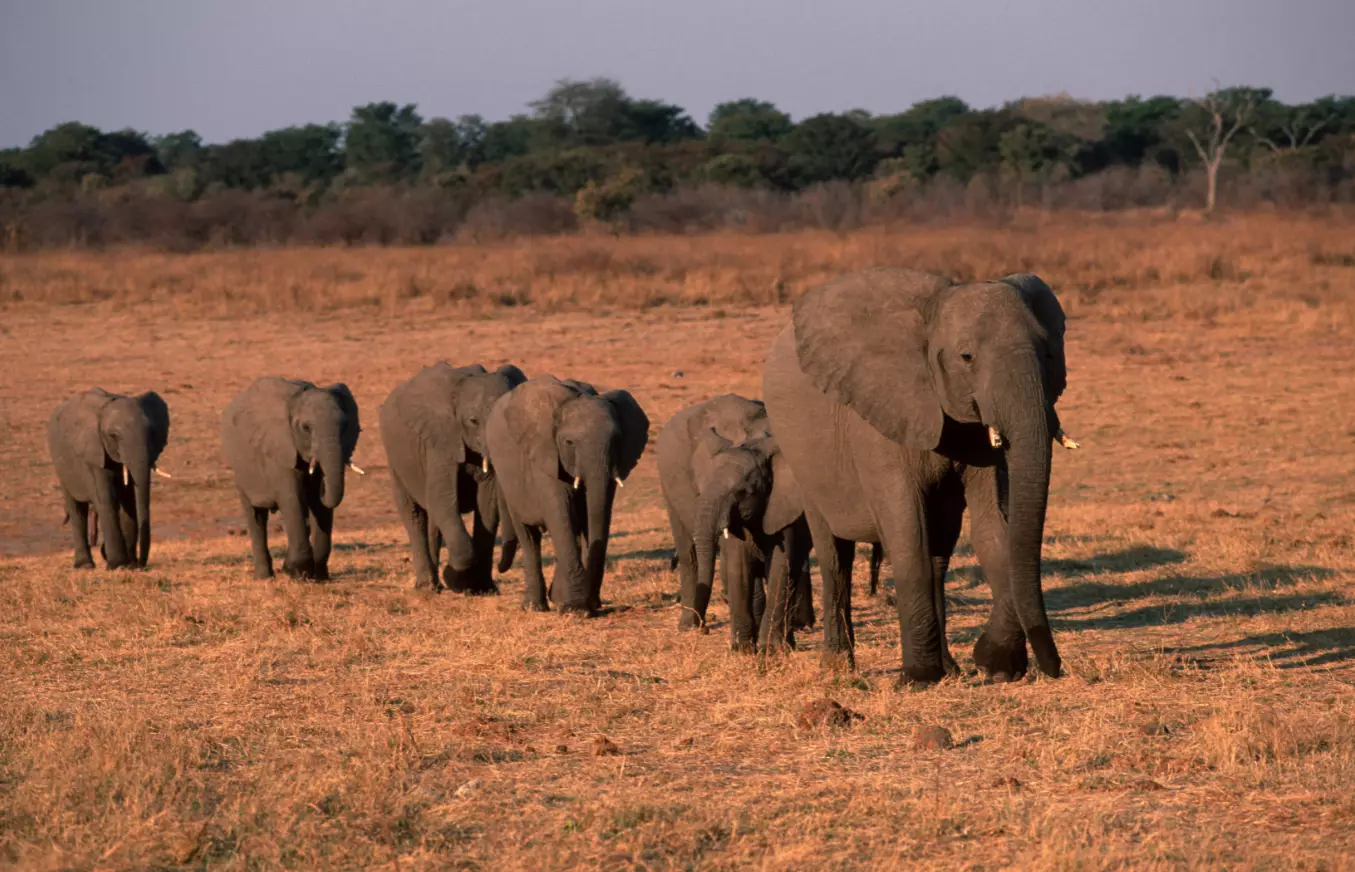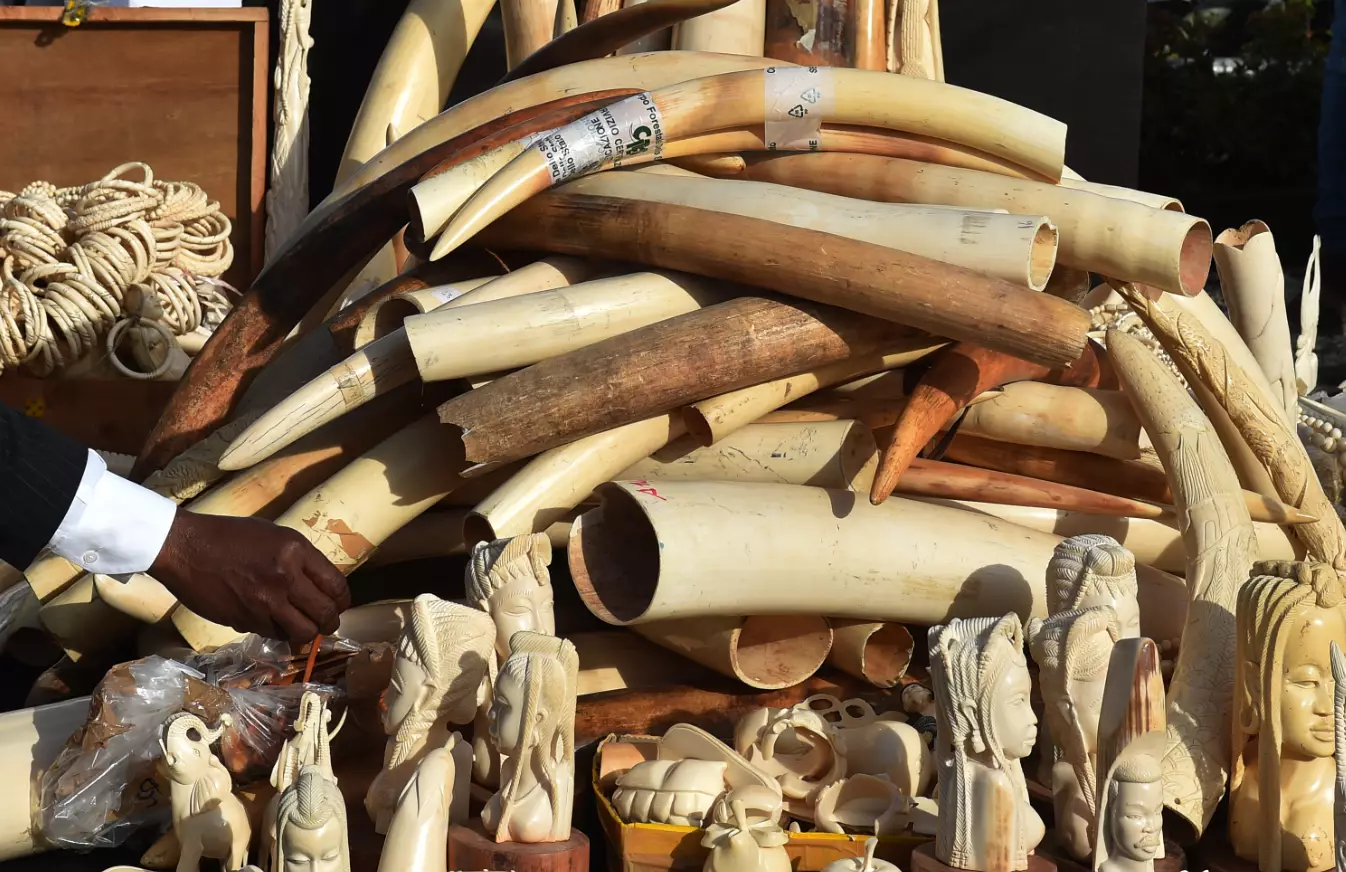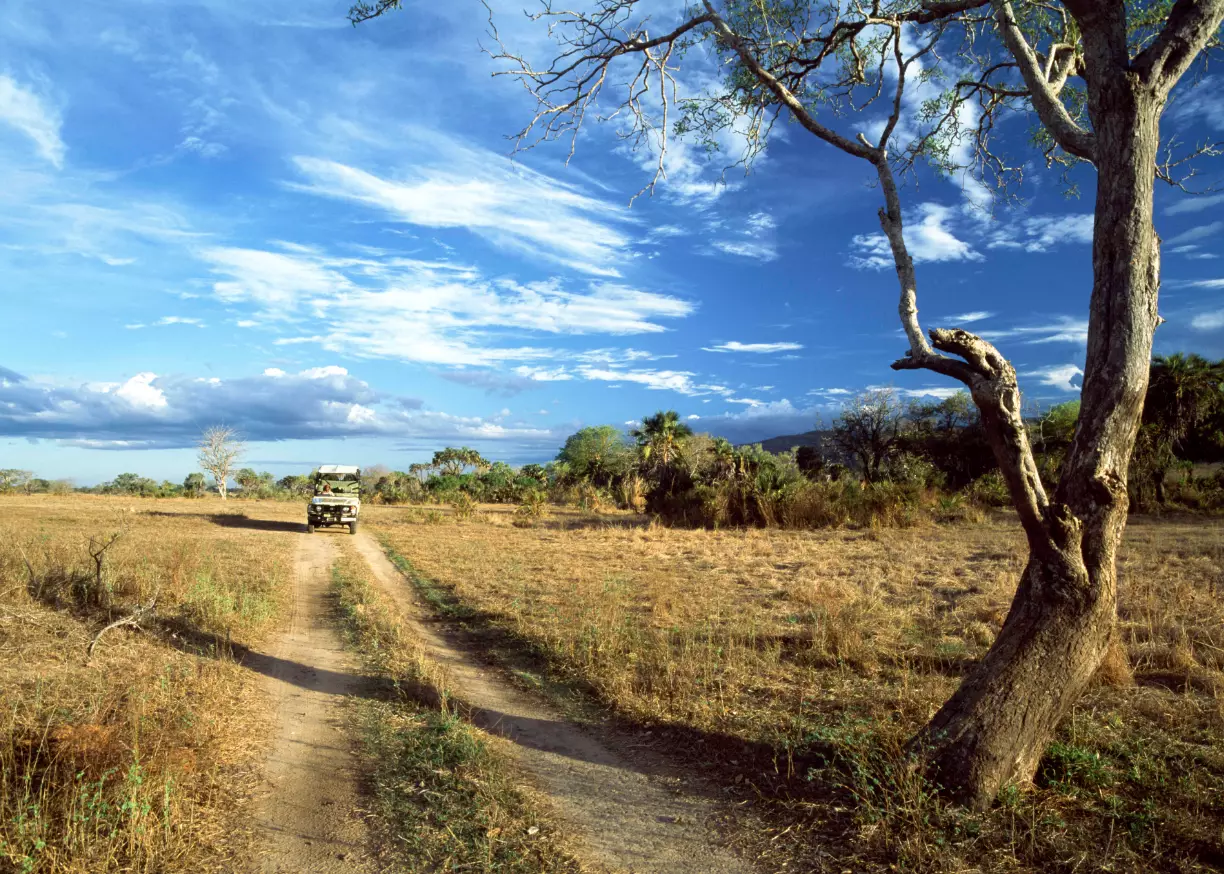
When it comes to endangered animals, we're all pretty used to hearing stories that make us despair for humanity.
But finally there's some good, uplifting news, as one of Africa's largest wildlife reserves marks one year without finding a single elephant killed by poachers.
Niassa Reserve in Mozambique - which is larger than the whole of Switzerland - has seen thousands of animals slaughtered in recent years.
Advert
According to the New York-based Wildlife Conservation Society, which runs the reserve with Mozambique's government and other partners, the apparent turnaround comes after the introduction of a rapid intervention police force and more assertive patrolling and response by air.

The conservation group said that the new interventions have led to the belief that Niassa's population of elephants 'stand a genuine chance for recovery'.
James Bampton, Country Director of the Wildlife Conservation Society, told the Associated Press that it's a 'remarkable achievement'.
Advert
He said he discovered the year free of poaching deaths while going through data, explaining the last time an elephant in the reserve was recorded as killed by a poacher was on 17 May 2018.
However, monitoring the vast and remote reserve remains incomplete, and, despite the promising sign of progress, it could still take years for Niassa's elephant numbers to return to former levels - even if poaching is kept under control.

Thanks to aggressive poaching in the reserve, over the years Niassa's elephant population has dropped from around 12,000 to little over 3,600 in 2016, according to an aerial survey.
Advert
While anti-poaching strategies implemented from 2015 to 2017 managed to reduced the number of killings, the Wildlife Conservation Society said the rate was still too high.
But a whole year that appears to be free of elephant poaching has still drawn praise from many wildlife experts.
"It is a major and very important development that poaching has ceased. This represents a major success," George Wittemyer, who chairs the scientific board for the Kenya-based organization Save the Elephants, told the Associated Press.

Experts have also seen gains elsewhere in Africa when it comes to the fight against elephant poaching - with levels declining to pre-2008 levels after reaching a peak in 2011, according to the Convention on International Trade in Endangered Species.
Advert
Tanzania's Selous Game Reserve, which is widely acknowledged as 'Ground Zero' for poaching, has also seen a recent decline in the killings.
Extinct: A race against time to save our endangered species. Read more from our campaign here.